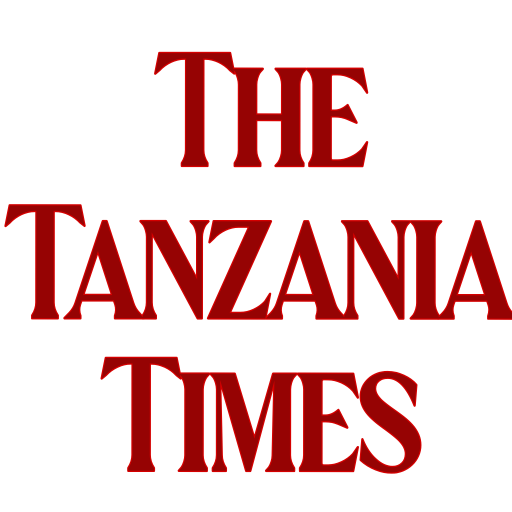Tanzania is working to ensure that over 2.5 million titles deeds get issued to residents who own plots, pieces of land or farms before the year 2026.
To achieve the goal, the country has inked a special contract agreement with the World Bank.
The initiative sees the implementation of the National Land Tenure Improvement Project at the cost of USD 150 million to issue such land ownership documents throughout the country.
Deputy Prime Minister, Dotto Biteko explained here that the Land Tenure Improvement Project (LTIP) targets to produce and issue out 2.5 million title deeds to ordinary residents, including customary titles to indigenous communities, by the year 2026.
“This is probably the first initiative in Sub-Saharan Africa’s land sector to receive such a large amount of money from the World Bank,” DPM Biteko explained.
The Deputy Prime Minister was addressing delegates at the ‘Fourth Regional Conference of National Land Institutions on Securing Community Land Rights in Africa,’ taking place at the Mount Meru Conference Hall, in Arusha.
The event, organized by the African Land Institutions Network for Community Rights (ALIN), has brought into Tanzania, National Land Institutions from 13 African Countries have gathered in Arusha to Scale up Law and Policy Implementation of Community Land Rights
Earlier, the President of the Rights and Resources Group (RRG) , Dr Solange Bandiaky-Badji, revealed that almost 10 percent of land in 23 countries in Sub-Saharan Africa is owned by Indigenous Peoples or local communities.
“New research has found that Africa saw the greatest increase in legal recognition of community land rights globally—an increase of 12 percent or 35 million hectares between 2015 and 2020,” she said.
However, it was also observed that despite those best efforts, many of the laws and policies adopted in the last 15 years have yet to be implemented and few opportunities exist for regular peer-to-peer exchanges between national land institutions in African countries.
Initiated in 2017 in Accra and formally established in 2019 in Antananarivo, the African Land Institutions Network (ALIN) is a community of practice created to address the gap.
Members work together to reinforce capacities, foster dialogue, and promote information sharing. The Network also serves as an accountability mechanism to measure progress.
Capitalizing on commitments made and lessons learned at previous meetings in Ghana (2017), Madagascar (2019), and Togo (2021), a diverse set of stakeholders, including African ministers and policymakers, government actors, civil society organizations, and international leaders are meeting in Arusha to take stock of progress from previous meetings.
It was also revealed that Indigenous Peoples, local communities, women, youth, and pastoralists in Africa are conserving some of the continent’s most biodiverse lands, forests, and watersheds. By working together, national land institutions have a key role to play in protecting both people and the planet for the betterment of all.
In Tanzania there are already ongoing initiatives of providing customary land titles to indigenous communities being undertaken by the Ujamaa Community Resource Team (UCRT) and the Pastoralists Indigenous Non-Governmental Organizations (PINGO)’s Forum.



